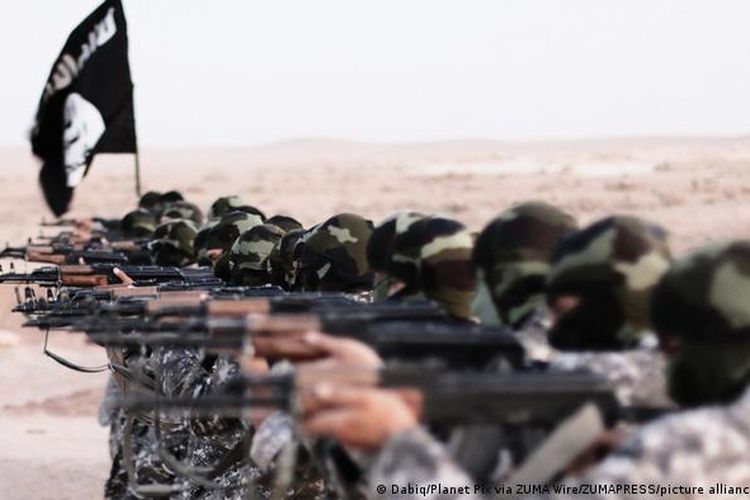
STRATEGIC ASSESSMENT. At its peak, the so-called Islamic State attracted tens of thousands of foreigners from dozens of countries around the world. By any definition, it morphed into a global phenomenon that dominated the headlines as it marauded throughout the Middle East and beyond. Now at its nadir, the Islamic State still remains dangerous as it seeks to rebuild its networks in the region and further afield.
The organization and its ideology continues to inspire followers to commit deadly acts in its name. A significant part of the remaining menace are the thousands of captured foreign fighters, many of whom were eager volunteers who traveled from their respective homelands to wreak havoc in Iraq and Syria. And since the caliphate collapsed, the home nations of captured foreign fighters have refused to deal with what happens next, although some countries have begun to repatriate small numbers of children and Islamic State family members. Many Western countries have simply ignored these detainees or stripped them of their citizenship. The status quo is unsustainable and coordinated thoughtful action by the international community is needed now.
In early February, the Syrian Democratic Forces (SDF) announced that more than 1,000 of the captured foreign fighters the organization is currently holding would be placed on trial. This statement was released following another breakdown in talks between the SDF and a range of countries about the fate of their citizens. The detainees hail from more than 50 countries, most of whom refuse to take responsibility for their return, risk assessment, prosecution if found guilty, and potential for rehabilitation and reintegration.
Some of these countries have argued that a lack of jurisdiction or inability to prosecute them for their actions preclude their return, suggesting that since the crimes were committed in Iraq and Syria, those two nations should handle any punishment. This argument is fundamentally flawed in that the crimes committed by many of these foreign fighters are crimes against humanity. Additionally, many of the actions committed by these suspects—murder, rape, and the provision of support to a terrorist organization—are crimes in their countries of origin.
And while not all countries have laws related to the material support of a terrorist group to the same extent as countries like the United States, many do have some version of this statute. There are legitimate concerns over the efficacy of battlefield evidence, although the UN-mandated investigative mechanism UNITAD is spearheading the effort to document the Islamic State’s crimes in Iraq. Its mandate should be expanded to Syria.
For other countries that have consistently eschewed assuming responsibility for the fate of their citizens, these governments believe that those that deliberately sought out the Islamic State should no longer be considered citizens. Since many of these foreign fighters renounced their citizenship, burned their passports, and pledged fealty and allegiance to their new chosen ‘state,’ the argument goes, they have therefore forfeited citizenship in their respective home countries. These detainees are understandably among the least sympathetic criminal and terrorist suspects.
Yet, depriving an individual of citizenship, even accounting for the commission of serious crimes, is inimical to the notion of what citizenship means in a democratic or liberal society. Citizenship is a two-party contract that cannot be voided by the actions of one party. The rights of transparent justice are not held by the specific individual per se, but rather by the collective individual. Accordingly, this is an important distinction between rights and privileges. The state still has a responsibility even if the citizen has renounced their citizenship.
The SDF has declared its intention to hold what it hopes will be trials that adhere to internationally recognized standards of due process and evidence. The group likely believes that by a public pronouncement and ultimatum, it will compel governments to finally act to repatriate their citizens. This problem will not simply disappear on its own, but will only grow worse.
The SDF is unable to detain these fighters indefinitely, as it lacks both the resources and capabilities to adequately address this threat. Moreover, there are another 4,000 or more detained women, children, and family members being held by the SDF in squalid camps like al-Hol. The situation has perhaps been summed up most poignantly by Fener al-Kait, an assistant minister in the Syrian Kurdish external affairs ministry, who stated ‘This is an international crisis and an international solution must be found.’ Without being naïve to the challenge, it is critical that states take responsibility for their citizens and take action immediately. It is myopic for states to attempt to jettison their citizens, they are merely trading the allusion of short term security for the reality of greater danger in the future (TSC).





